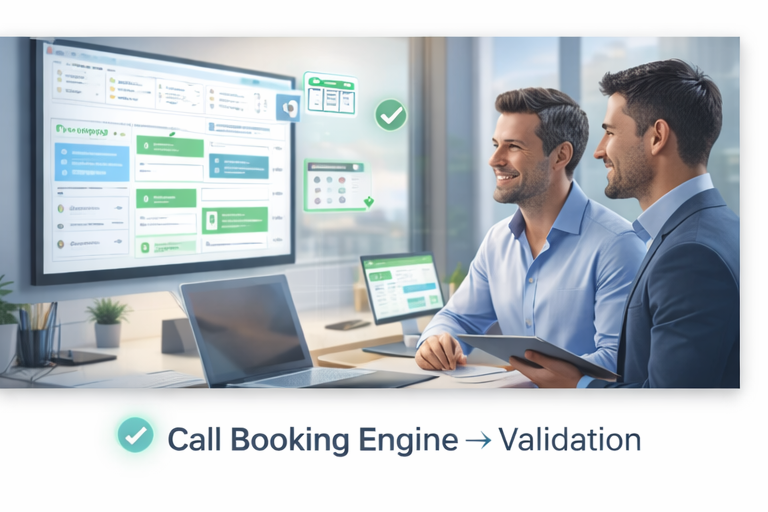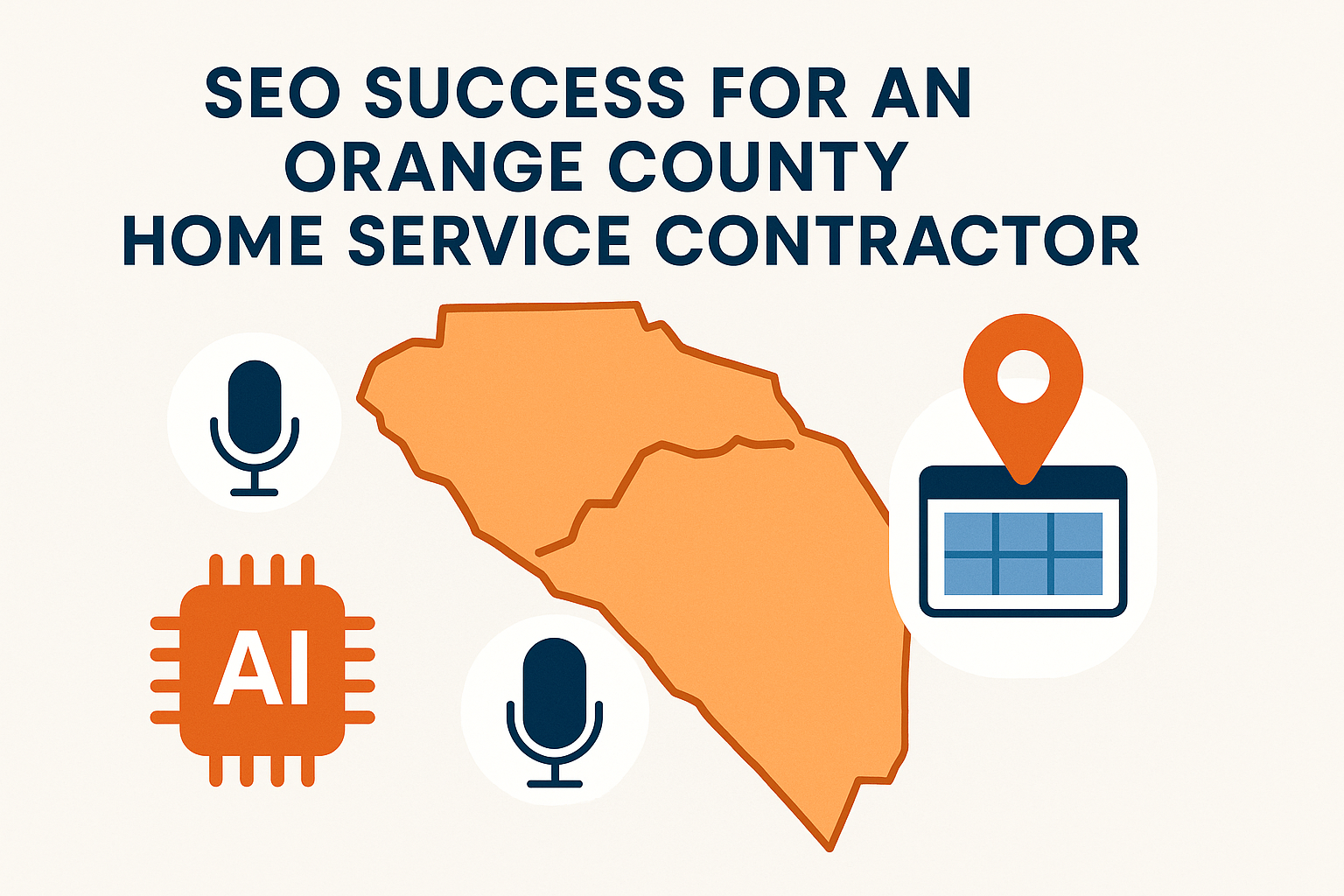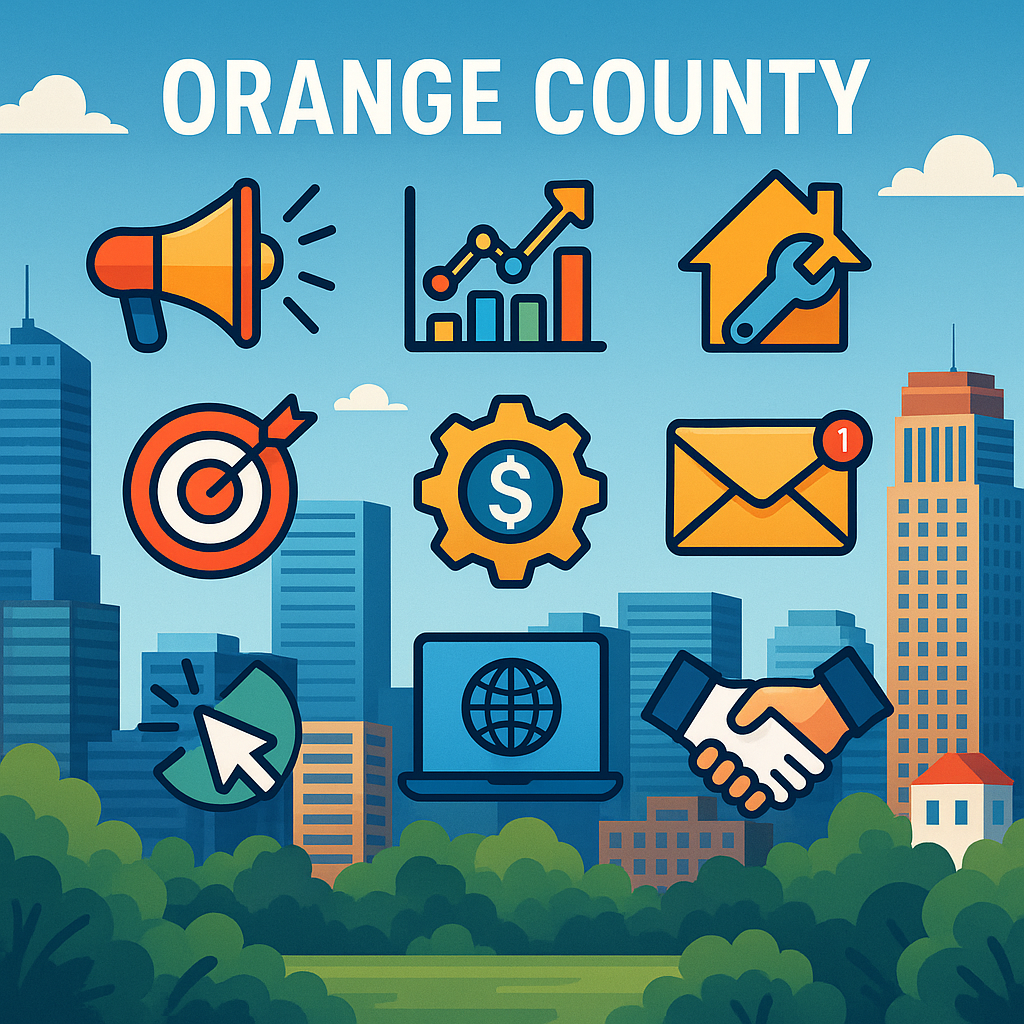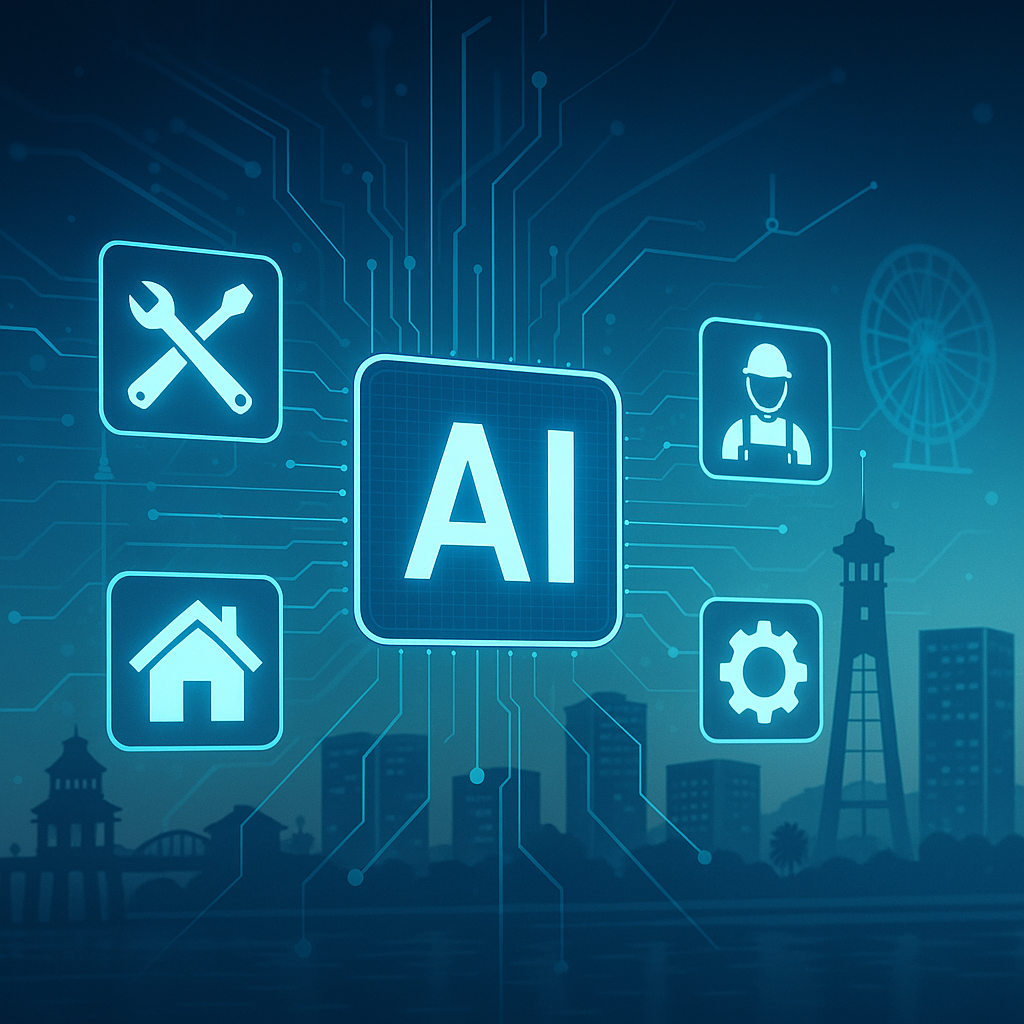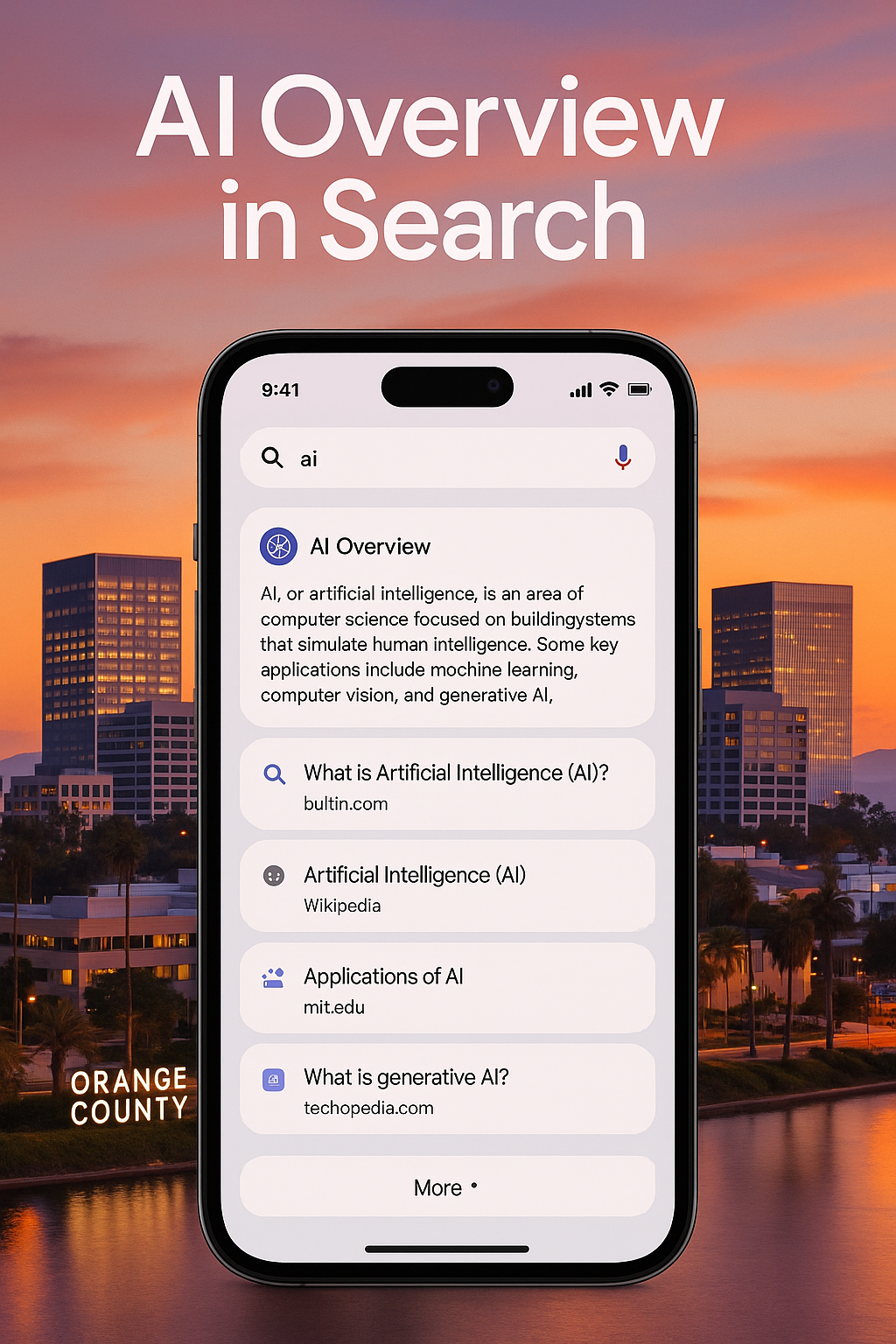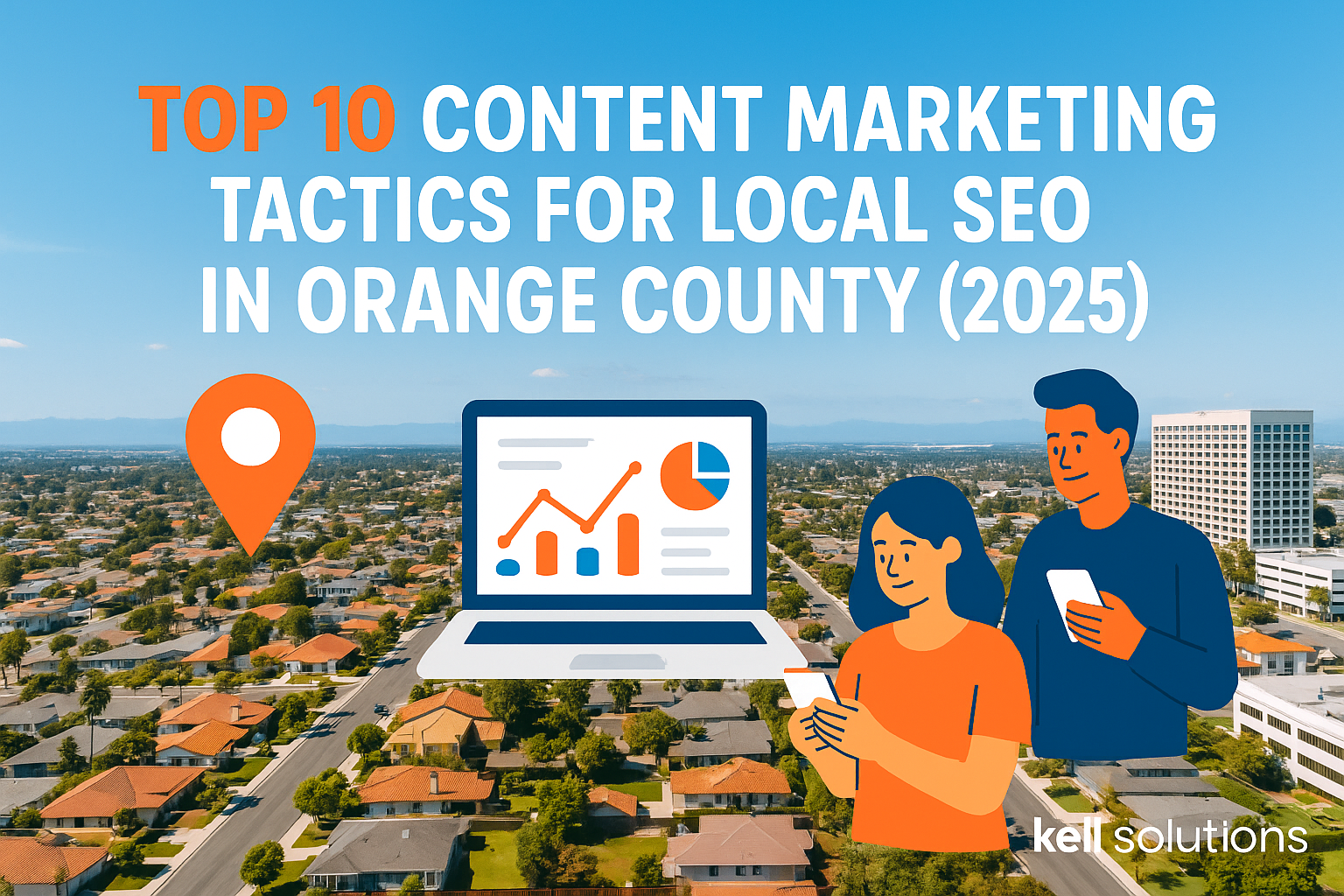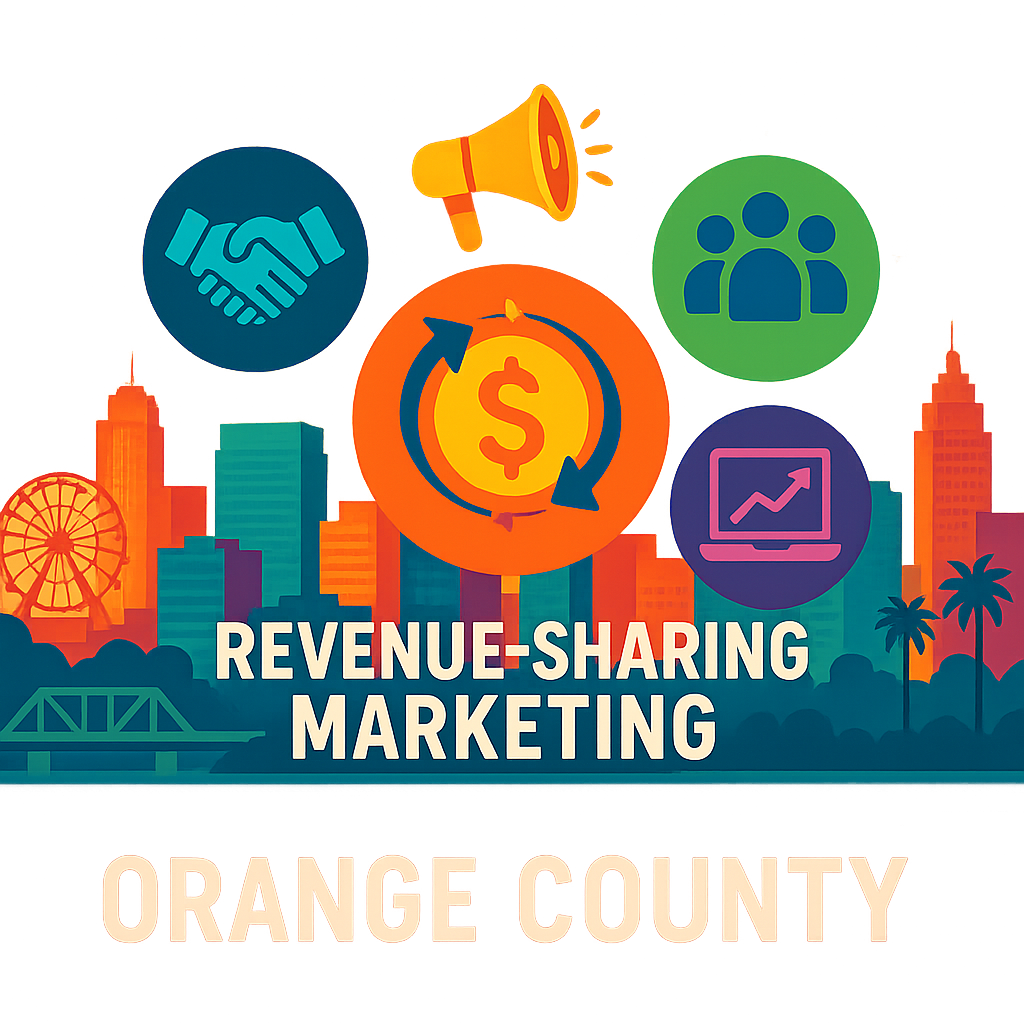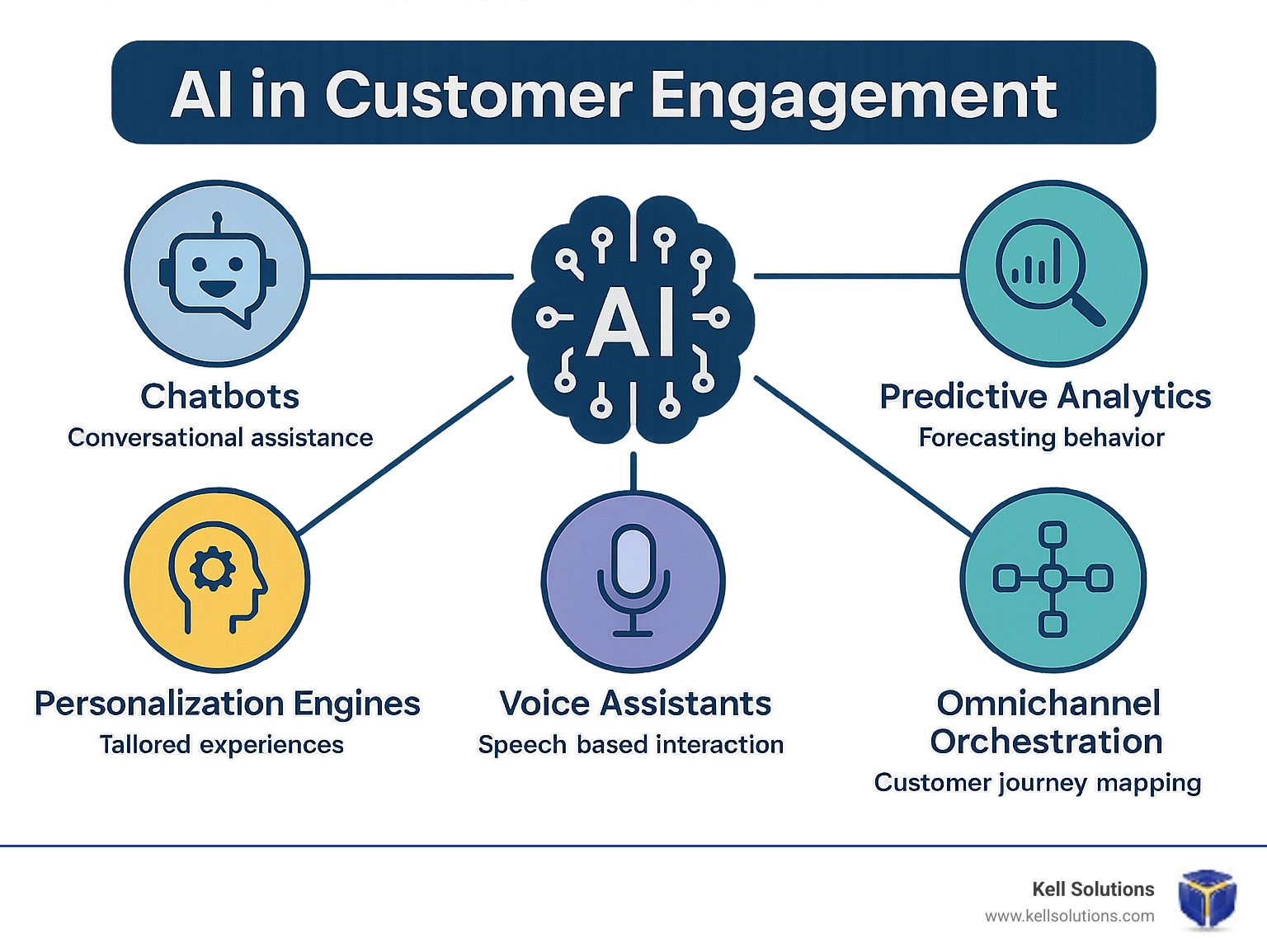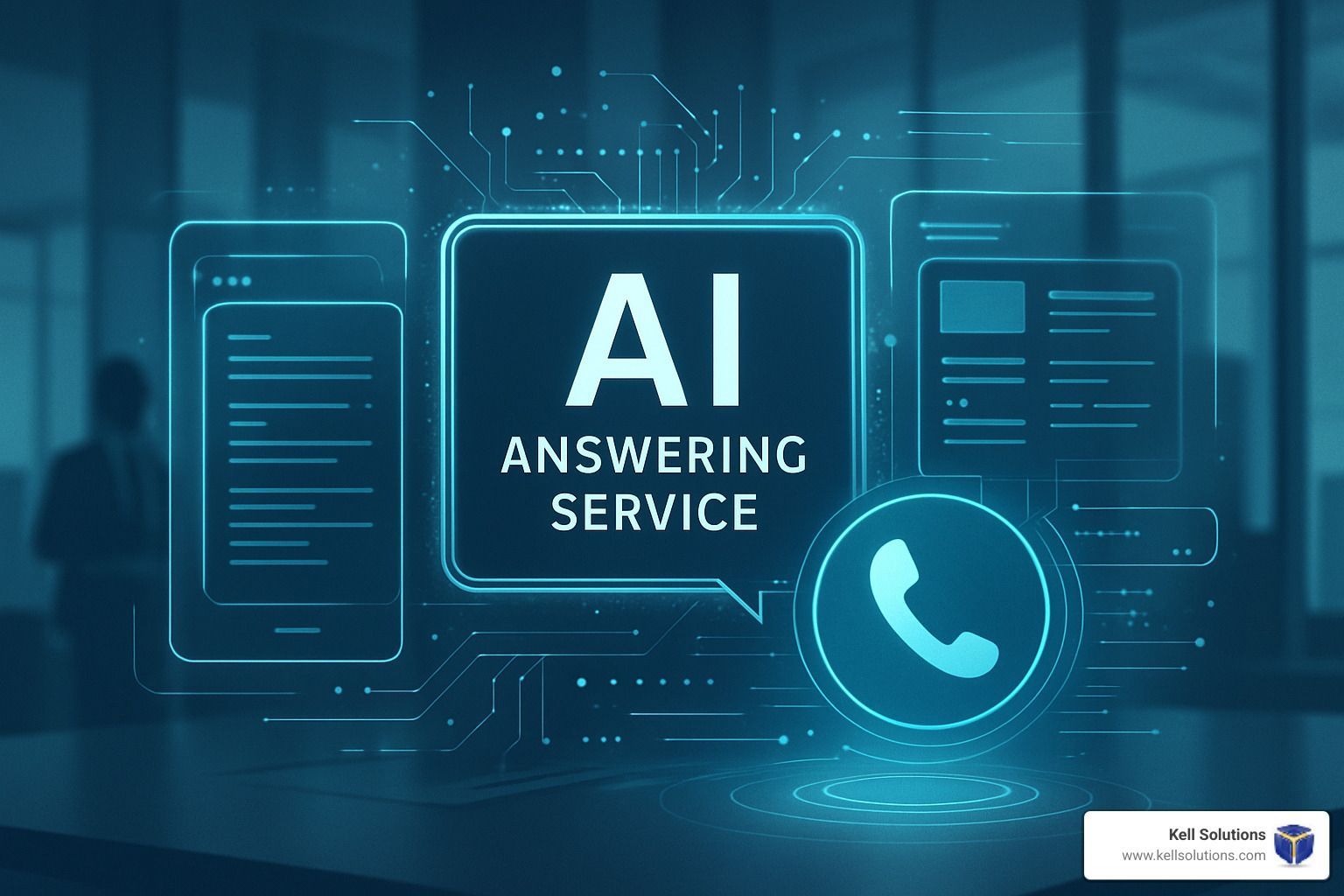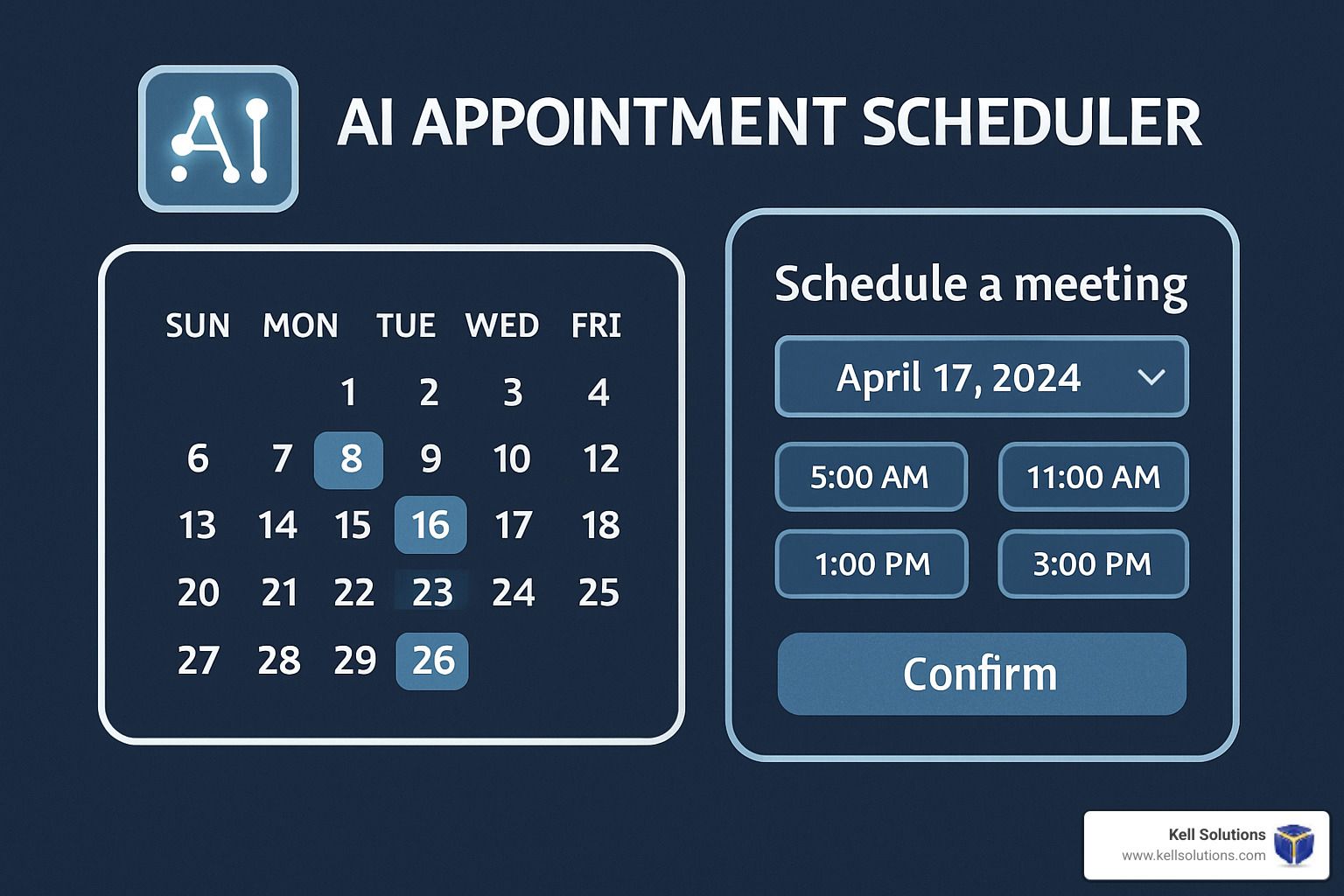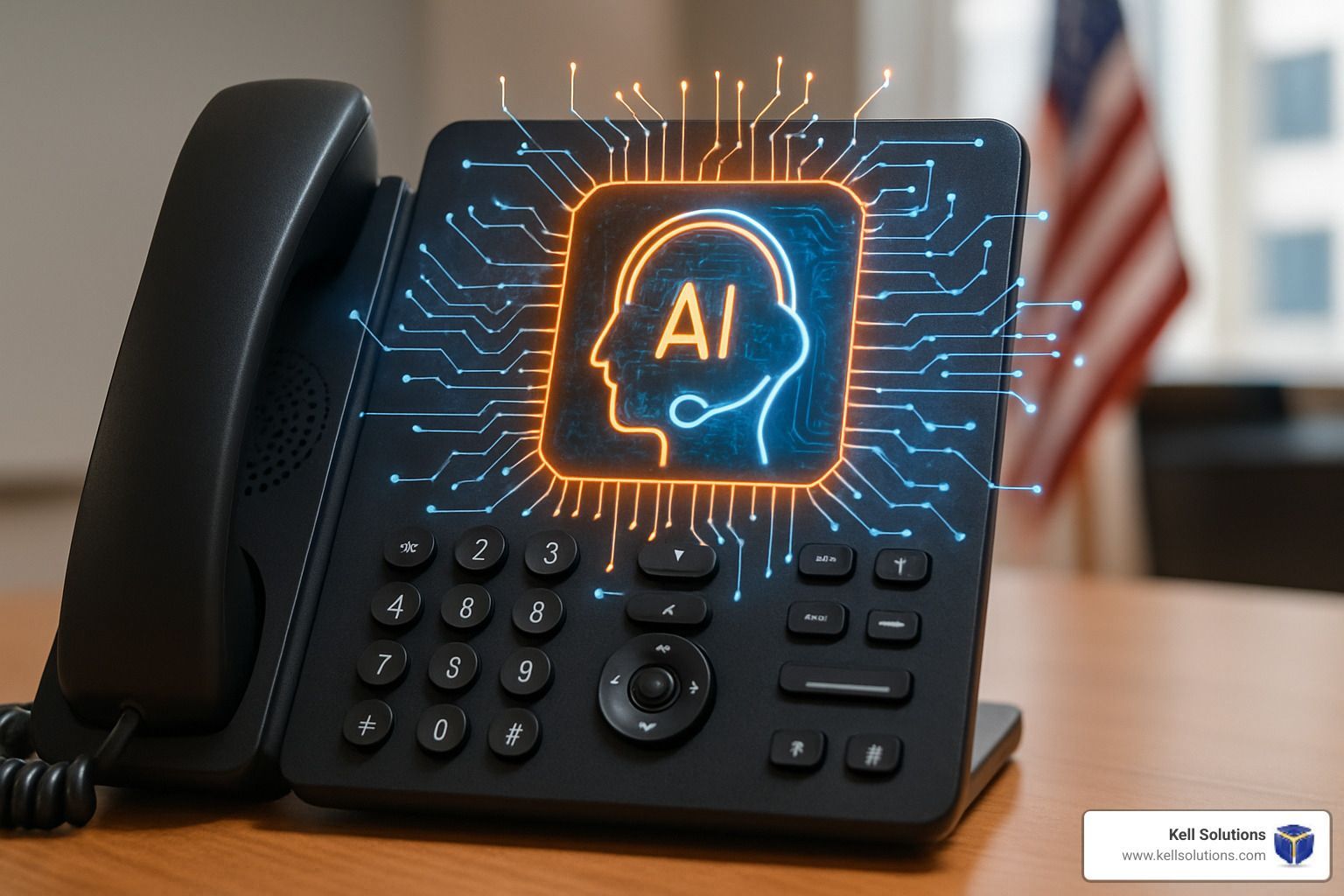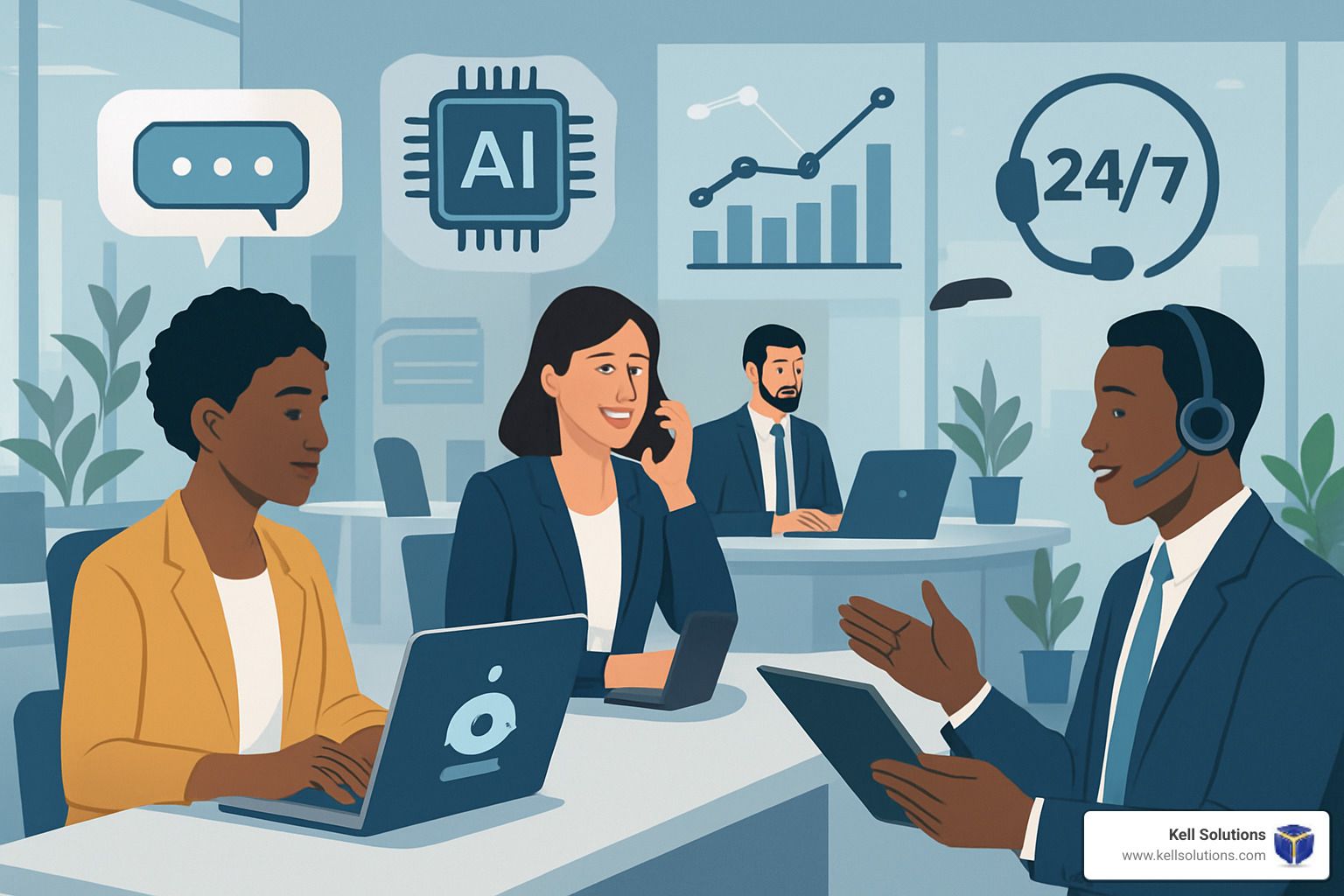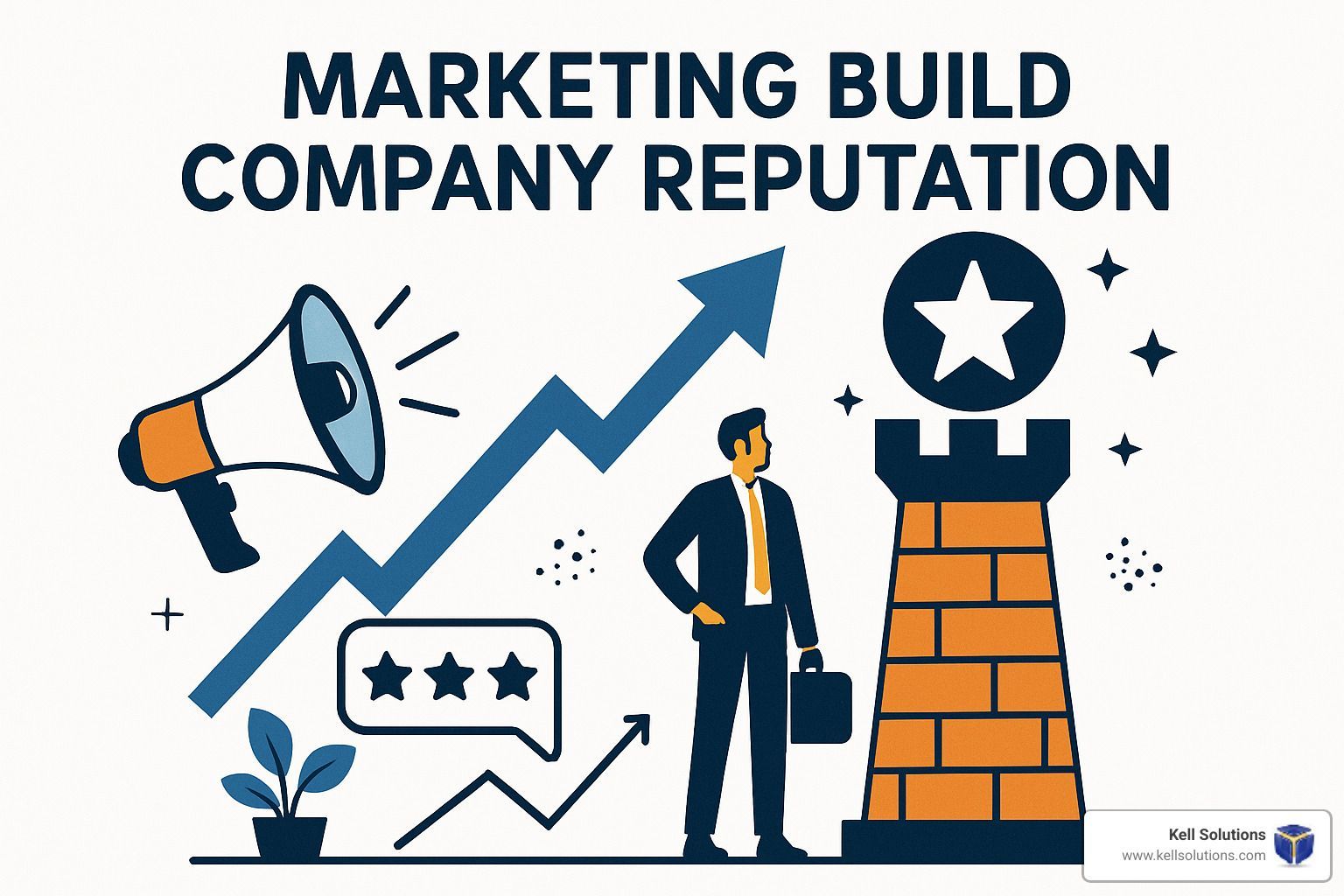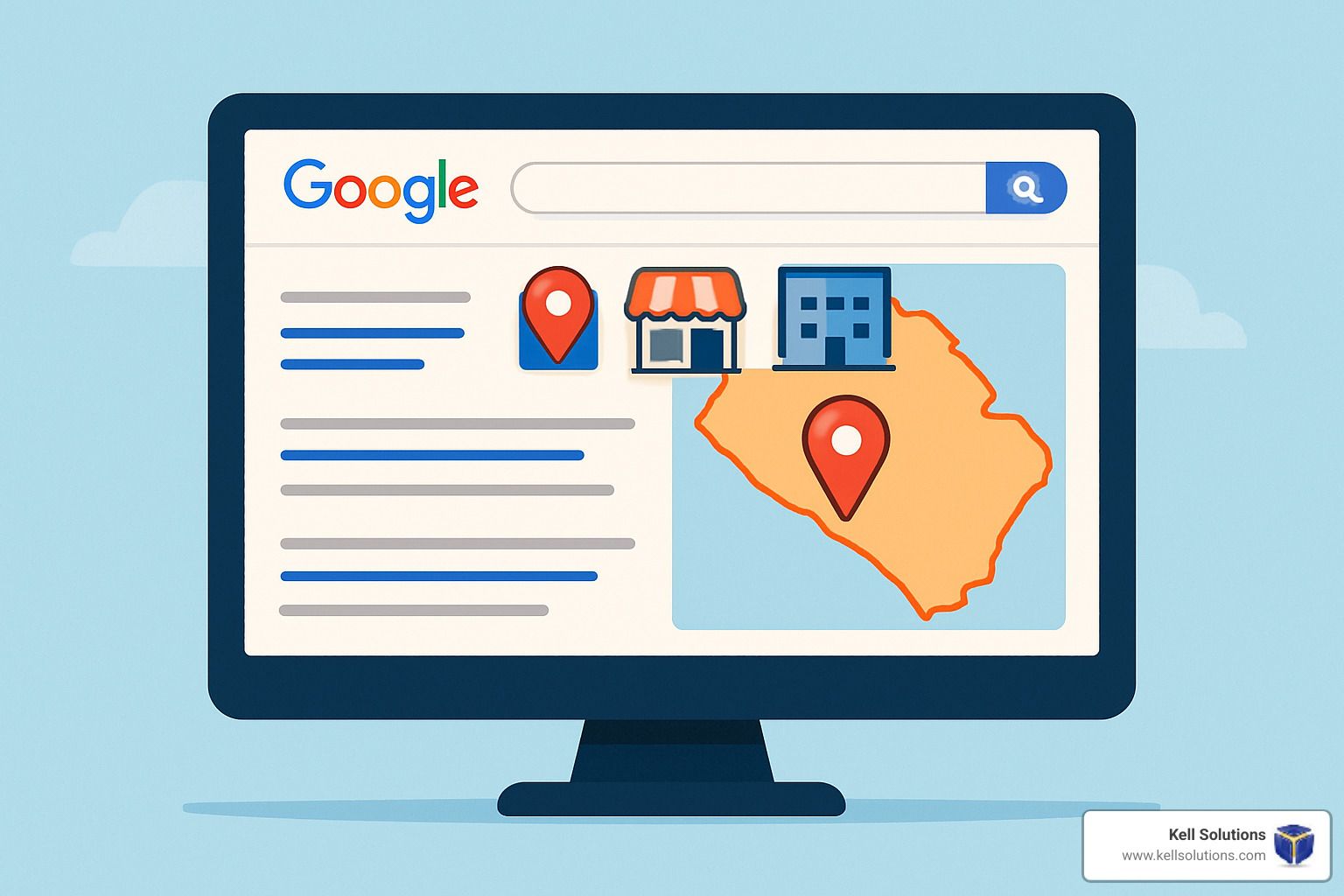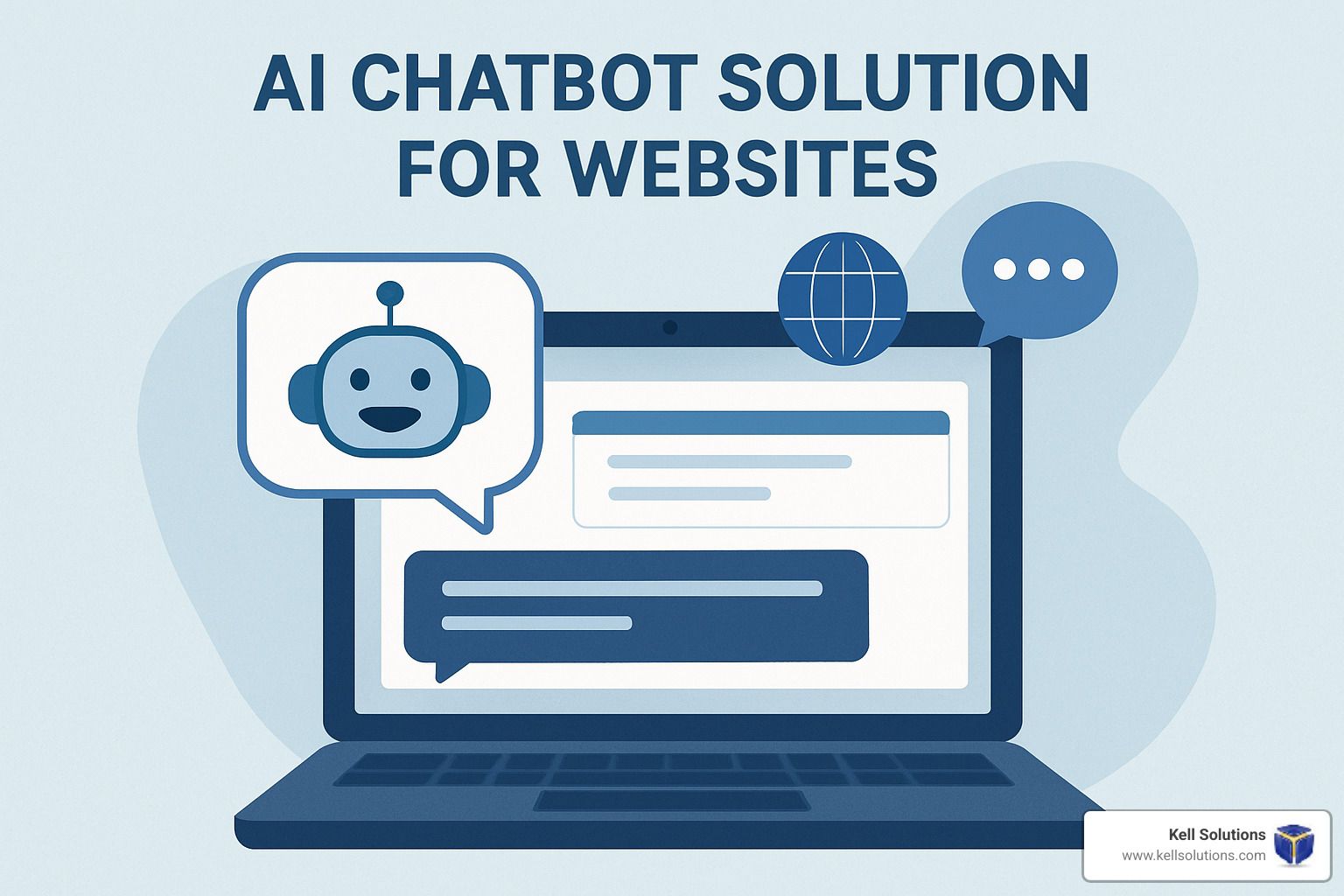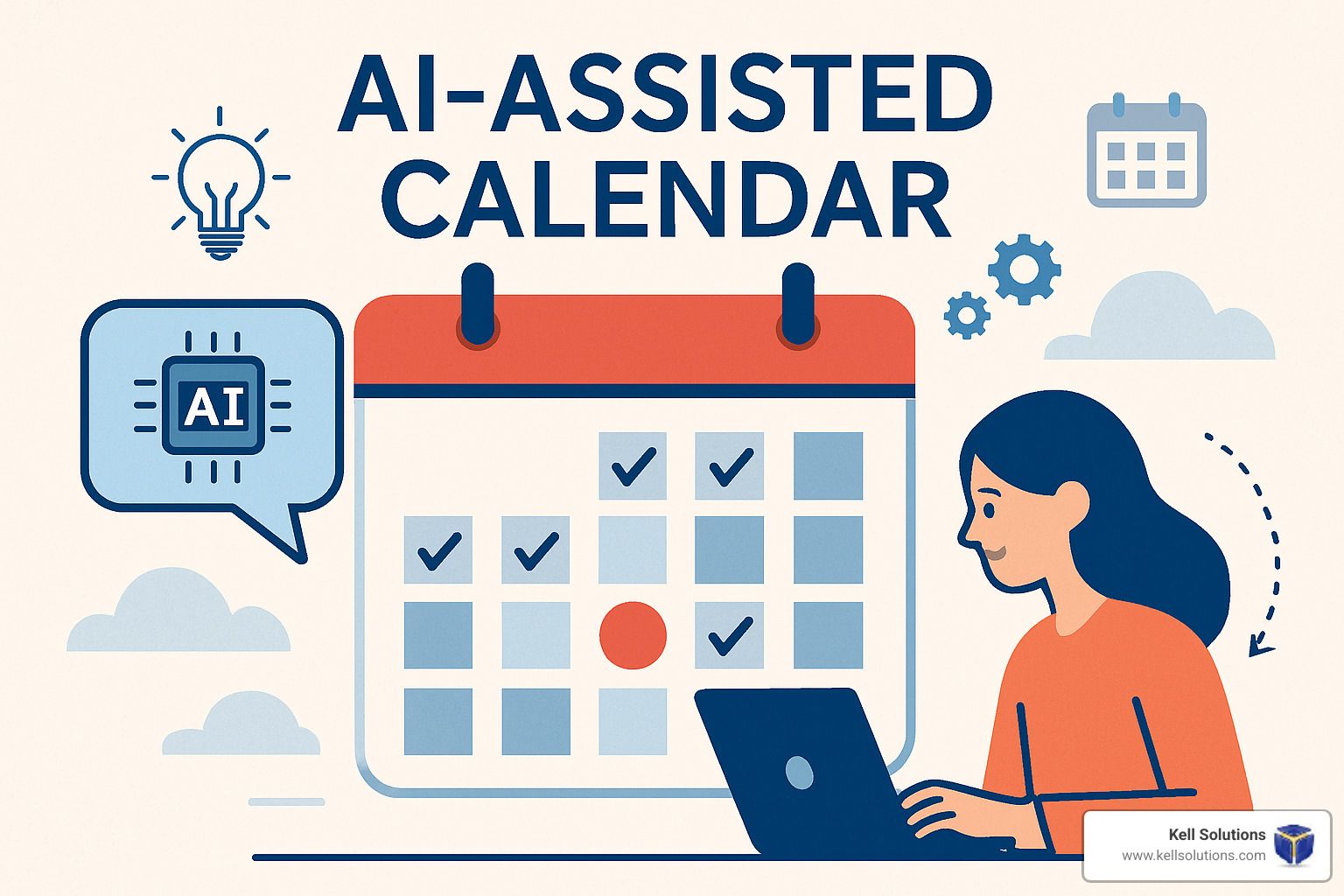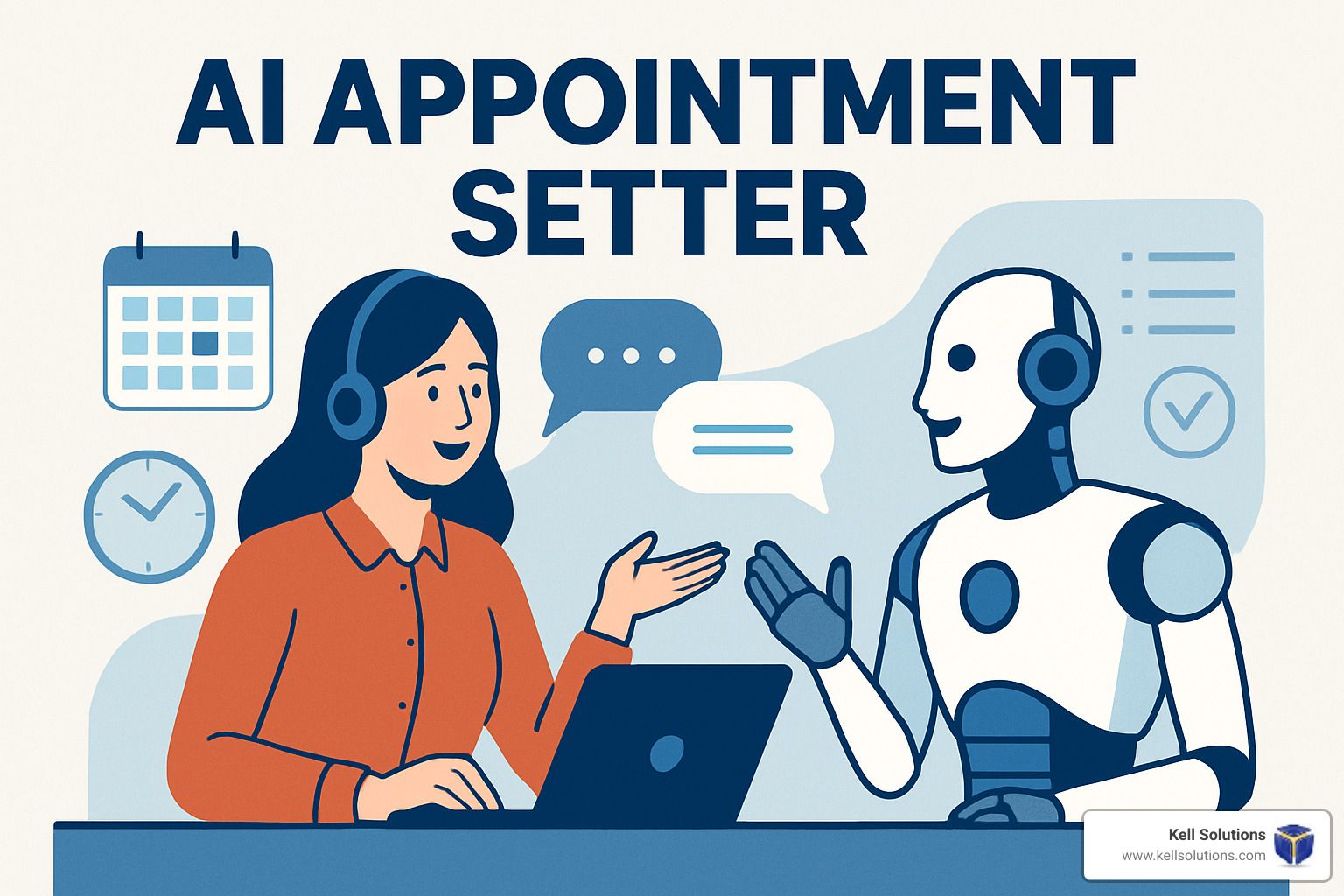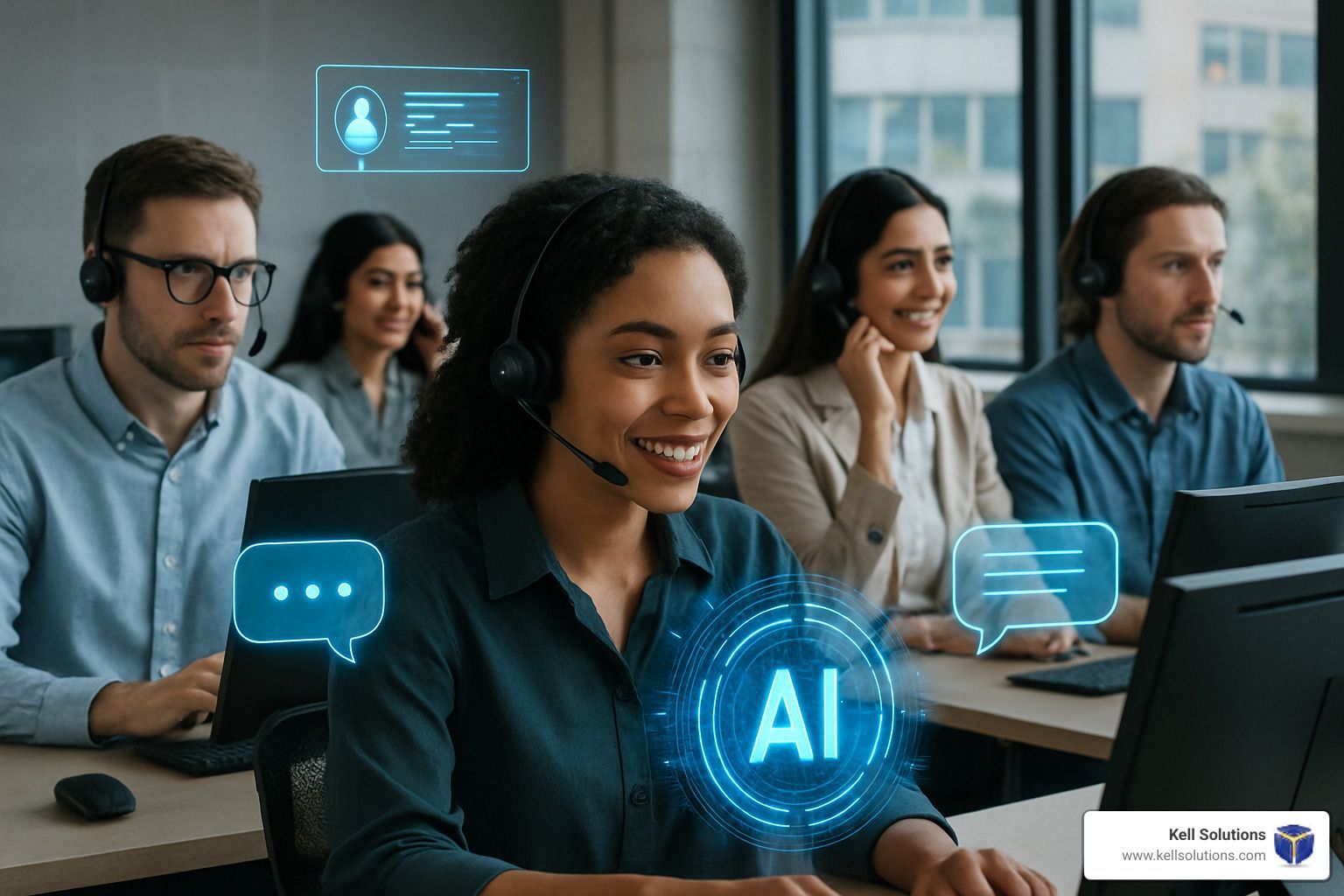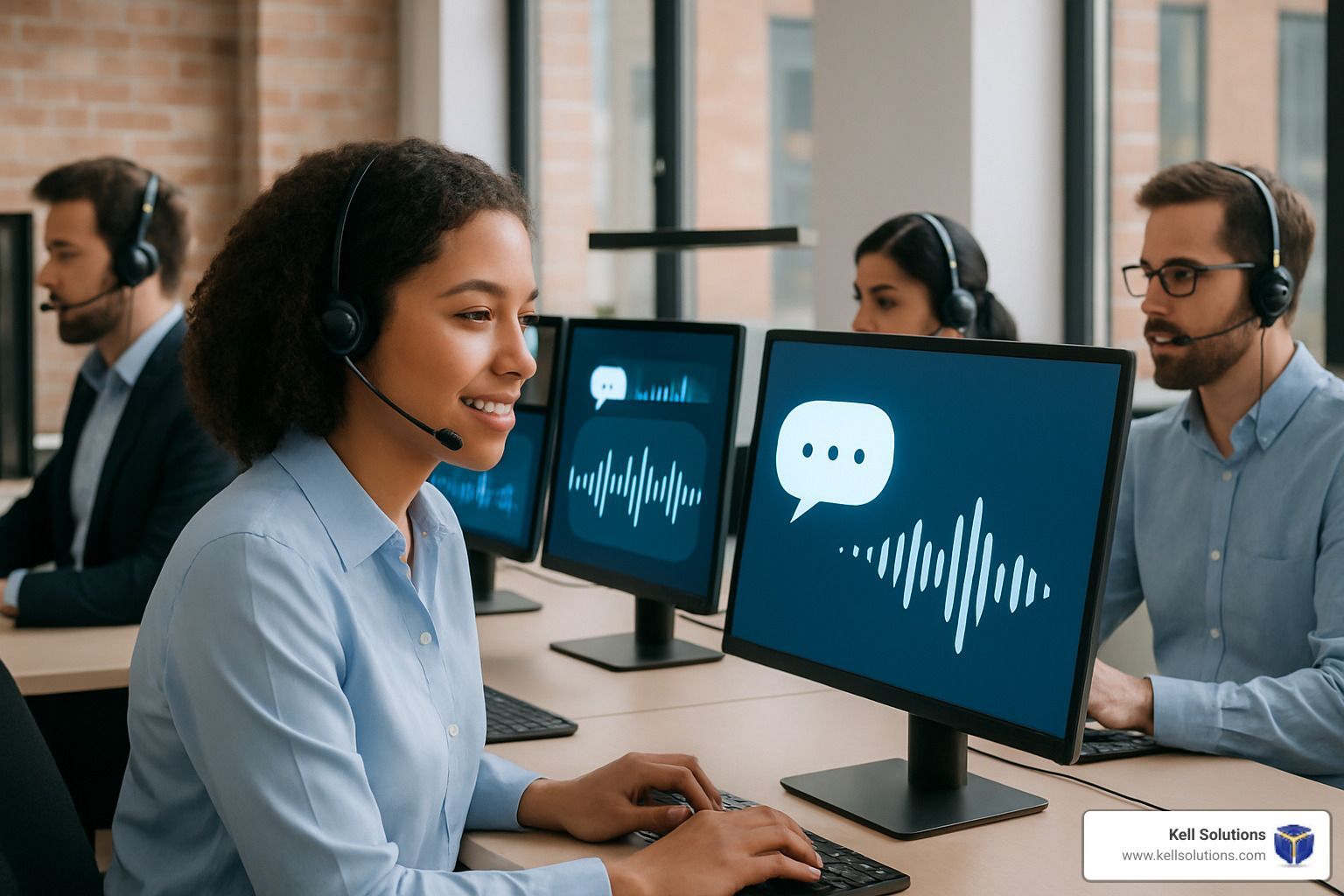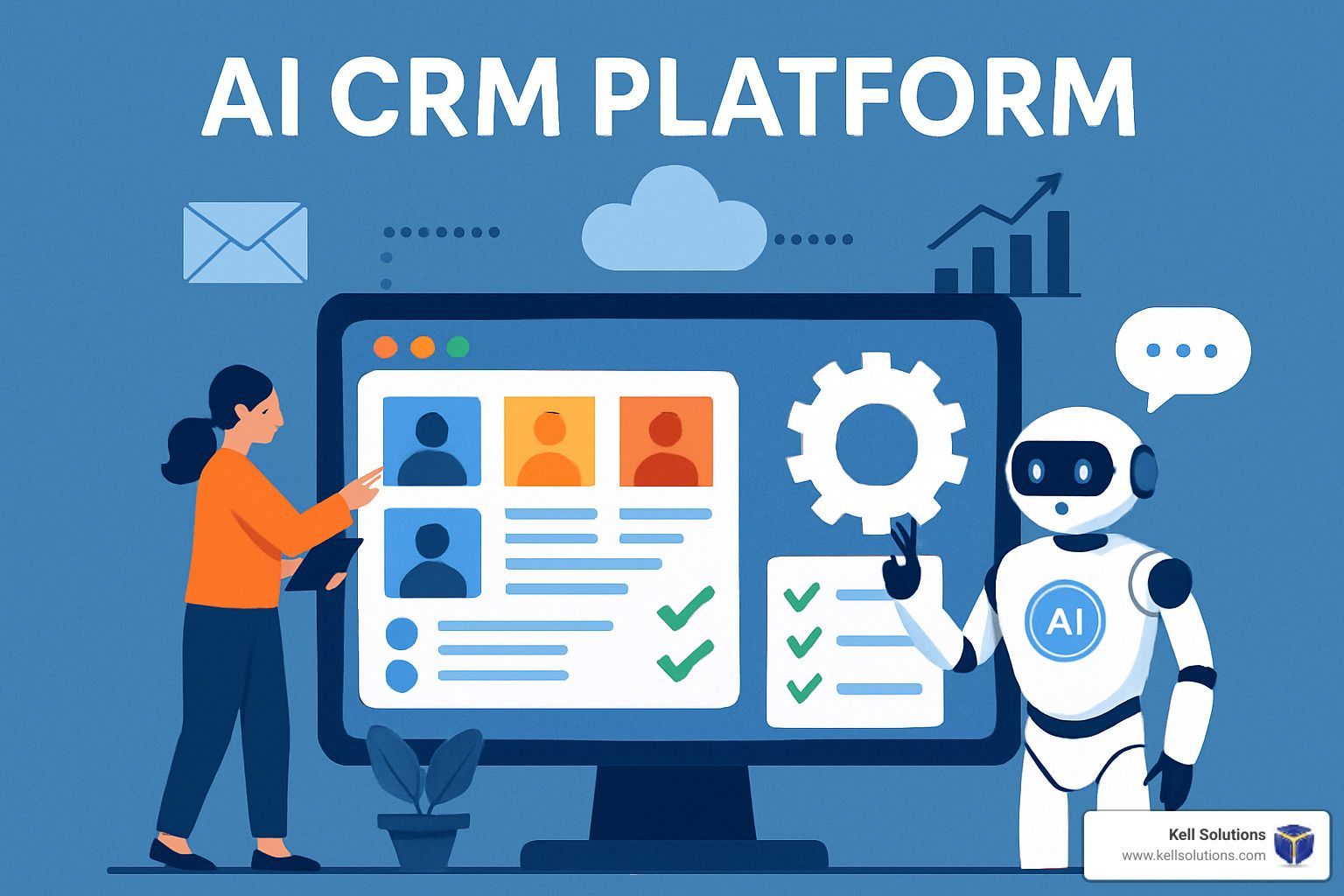Hello, Robot Speaking! The Ultimate Guide to AI Answering Phone Calls
Why Businesses Are Turning to AI for Phone Answering
AI answering phone calls is revolutionizing how businesses handle customer communications, providing 24/7 automated call handling that never misses a lead.
Did you know that 60% of customers prefer to call local businesses after finding them online, but only 38% of these calls get answered? Even worse, just 20% of callers leave voicemails when they don't reach someone. That's a staggering amount of missed opportunities and revenue walking out the door.
Small business owners face a constant dilemma: either interrupt important work to answer every call, hire expensive staff, or risk losing potential customers. Neither option is ideal.
"Missing calls from potential customers is frustrating... 6 out of 10 business phone calls are left unanswered, leading to missed opportunities and sales revenue."
Today's AI answering services have evolved far beyond traditional voicemail or robotic IVR systems. Modern AI phone assistants use advanced speech recognition, natural language understanding, and human-like voices to create conversations that callers actually engage with – achieving up to 97% caller interaction rates.
The technology works by converting speech to text, processing the intent through large language models like GPT-4, and responding with natural-sounding voices that can understand context, answer questions, book appointments, and even integrate with your existing business systems.
I'm Gregg Kell, founder of Kell Web Solutions, and I've spent years helping small businesses implement AI answering phone calls solutions through our VoiceGenie AI platform to solve the missed-calls crisis that plagues service-based businesses.
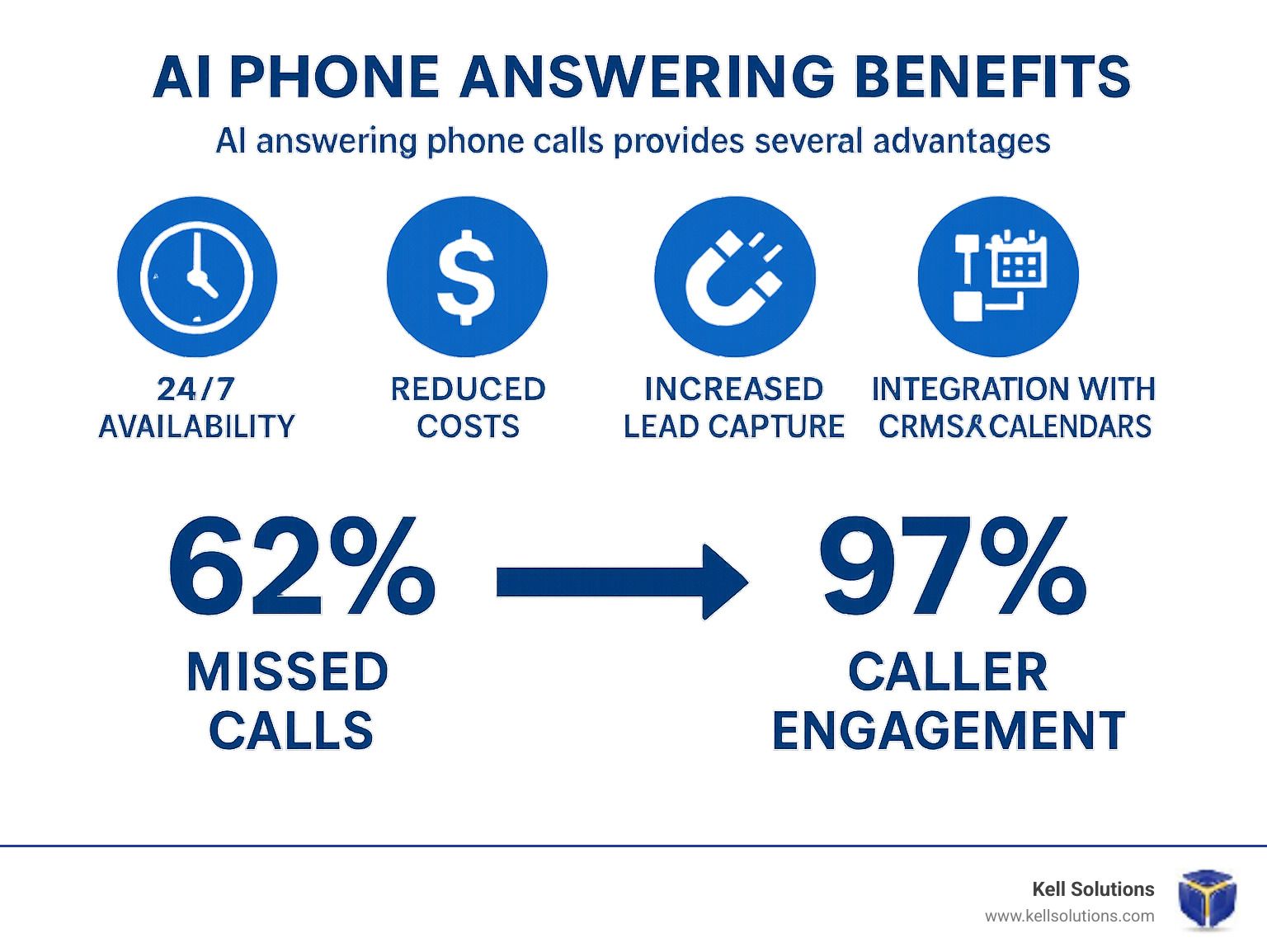
Hook: Why Phones Still Ring in a Text-First World
Despite the rise of digital communication channels, phone calls remain crucial for business. Why? Because when customers need something urgently or have complex questions, they pick up the phone. That immediate human connection—or in this case, human-like AI connection—builds trust faster than any email or text message.
A ringing phone represents an immediate opportunity. Each unanswered call is potentially hundreds or thousands of dollars walking away from your business. For service businesses like plumbers, lawyers, or real estate agents, a single missed call could mean losing a $5,000+ job or client relationship.
What's interesting is how caller behavior has changed. Today's customers expect immediate answers. If you don't pick up, they're likely calling your competitor next rather than leaving a voicemail. In fact, research shows that caller patience has decreased significantly in recent years—most potential customers will wait less than 20 seconds before hanging up.
How AI Answering Phone Calls Works
Ever wondered what happens behind the scenes when an AI answering phone calls system picks up? It's actually a fascinating blend of cutting-edge technologies working together in harmony to create conversations that feel surprisingly human.
When someone calls your business, the magic unfolds in milliseconds. First, your cloud-based phone system receives the call. Immediately, the AI's speech-to-text engine goes to work, converting everything your caller says into written text with remarkable accuracy. This text then flows into the natural language understanding component, which figures out what your caller actually wants – are they asking about your hours, hoping to book an appointment, or looking for pricing information?
Once the AI understands the caller's intent, it crafts a thoughtful response using a large language model like GPT-4. This isn't just pulling from canned responses – it's generating conversational language in real-time based on your business's unique information. The system then converts this text into natural-sounding speech that flows back to your caller, often so convincingly that many people don't realize they're speaking with an AI.
Throughout this entire exchange, the AI maintains context, remembering what was said earlier in the conversation. It's like having a receptionist with perfect memory! As one of our customers put it: "During our busiest season, the system handled over 200 calls in a single day—something that would have been impossible with our small staff."
The most sophisticated systems also read between the lines with sentiment analysis, detecting when a caller sounds frustrated or confused. If needed, the AI can adapt its approach or smoothly transfer the call to a human team member. Some platforms even offer voice cloning, so your AI can sound like a specific person or match your company's unique brand voice.
For those curious about the technical underpinnings of this technology, you can explore more in this scientific research on artificial intelligence.
Key Components of AI Answering Phone Calls
Your AI answering phone calls system relies on four essential technological pillars working in perfect harmony:
The Speech-to-Text Engine is like your AI's ears, turning spoken words into written text with incredible precision. Today's advanced STT systems handle different accents, filter out background noise, and even recognize industry-specific terminology with accuracy rates above 95% in real-world conditions.
At the heart of the system is the Large Language Model – think of it as the brain that understands context and generates natural responses. Models like GPT-4 have studied billions of human conversations, allowing them to respond appropriately to almost any question or request a caller might have.
The Text-to-Speech Voices give your AI its personality. Modern voice synthesis has come so far that many callers can't tell they're speaking with an AI. These voices include natural pauses, emphasis, and even emotional warmth. You can choose from dozens of voice options to find the perfect match for your brand.
Holding everything together is the Orchestration Layer, which coordinates this complex dance of technologies. It manages call flow, handles interruptions naturally, and keeps conversations flowing with minimal delay. A well-designed orchestration layer is why conversations with AI feel natural rather than robotic.
As one business owner shared with us: "The first time I heard our AI receptionist handle a complex booking request, I was genuinely amazed. The caller had no idea they were speaking to an AI."
Training & Continuous Learning
What makes an AI answering phone calls system truly shine is how it learns about your specific business and continuously improves over time.
Through context enrichment, your AI becomes an expert on your business. It studies your website content, service descriptions, pricing details, FAQs, and staff information. This comprehensive understanding means it can answer detailed questions about what you offer. One restaurant owner told us: "Our AI knows our entire menu, including seasonal specials and dietary information for each dish."
When connected to your customer relationship management system, the AI creates personalized experiences through CRM integration. "The system recognizes returning customers and greets them by name," one client explained. "It even remembers their preferences from previous calls."
Behind the scenes, our team uses prompt engineering – a specialized skill that guides how the AI responds to different situations. Well-crafted prompts ensure your AI stays on-brand, provides accurate information, and handles unexpected questions gracefully.
The most sophisticated systems also include a "conversational awareness layer" that helps the AI understand when to listen, when to speak, and how to handle interruptions naturally. This creates a much more human-like experience than the automated phone systems we've all grown to dread.
The result is an AI that doesn't just answer calls – it represents your business with the same care and attention you would, just without the limitations of being human.
AI Answering vs Voicemail, IVR & Live Receptionists
When it comes to handling your business calls, you've got options—but not all of them are created equal.
Only 20% of callers actually leave voicemails when nobody picks up. That means if you're relying on traditional voicemail, you're essentially waving goodbye to 80% of your potential customers! It's practically free, but so is a fishing net with giant holes—neither one catches much.
Then there's the dreaded touch-tone IVR system. We've all been there: "Press 1 for sales, press 2 for support, press 3 to hear these options again..." These menu mazes might save you money compared to hiring staff, but they're customer satisfaction killers.
"Our old IVR system was basically a customer repellent," one business owner told me with a laugh. "People would rather hang up than steer through our menu jungle—and I don't blame them!"
Live receptionists offer that wonderful human touch that customers love. They're personable, adaptable, and great at problem-solving. The downside? They're expensive ($400-2,000+ monthly), need breaks, take vacations, and unless you're paying for round-the-clock coverage, they're only available during business hours. For many small businesses, this premium option simply isn't financially sustainable.
This is where AI answering phone calls shines brightest. It combines the best aspects of each approach while eliminating most of the drawbacks. Available 24/7 like voicemail, but conversational like a human receptionist. Affordable like an IVR, but without the frustrating button-pushing experience.
Many businesses are finding success with hybrid AI-human models, where the AI handles routine inquiries, appointment scheduling, and information gathering, then seamlessly transfers more complex situations to human staff. This intelligent escalation logic means simple matters get resolved instantly while special cases receive the human touch they require.
A small business owner in Chicago shared her experience: "We were spending about $400 monthly on an answering service that only covered business hours. Switching to AI cut our costs to $50, and we're actually capturing more leads because it never sleeps. The system pays for itself many times over."
What's particularly impressive about modern AI systems is their integration capabilities. They can sync with your calendar for real-time appointment booking, update your CRM with new lead information, and even process payments—all while maintaining a conversation that feels remarkably human.
The difference between today's AI systems and older automated solutions is like comparing a smartphone to a rotary dial. They're technically both phones, but they exist in completely different technological universes. Today's AI answering phone calls technology represents a genuine breakthrough in how businesses can manage communication efficiently without sacrificing the personal touch customers expect.
Benefits, Features, Costs & Setup
Implementing an AI answering phone calls solution can truly transform how your business handles customer communications. Let's walk through what makes this technology so valuable for businesses like yours.
Main Benefits for SMBs
If you're running a small or medium-sized business, you've probably experienced the frustration of missed calls and opportunities. Here's where AI answering services really shine:
Never Miss a Lead – Imagine capturing every potential customer, regardless of when they call. Even that 8 PM call from someone who just got home from work and needs your services? Captured. One business owner told us, "Our AI receptionist has increased our lead capture by 35% simply by answering calls that come in after we've closed for the day."
Lower Overhead – Let's be honest – hiring reception staff is expensive. AI solutions typically cost 75-90% less than traditional answering services or employees. This means even the smallest businesses can sound like they have a professional front desk.
Data-Rich Transcripts – Every conversation gets automatically transcribed and analyzed, giving you incredible insights into what your customers are actually asking for. These patterns can help you improve your services or even spot new business opportunities.
Scalability – Unlike your human team (who deserve breaks and can only handle one call at a time), AI can manage unlimited simultaneous calls during your busiest periods without getting tired or frustrated.
Multilingual Support – Got customers who speak different languages? Many AI answering platforms support dozens of languages – some up to 172 – making your business accessible to everyone in your community and beyond.
Must-Have Features Checklist
When you're shopping for an AI answering phone calls solution, not all systems are created equal. Look for these essential features to get the most value:
Voice Options that match your brand personality – whether that's warm and friendly or polished and professional.
Call Transfer capabilities to connect callers with your team when needed. The best systems make this transition seamless.
After-Hours Rules so your AI can respond differently based on whether you're open or closed.
Analytics Dashboard showing you exactly how many calls you're getting, what people are asking about, and how many are converting to appointments or sales.
CRM Integration to automatically log all those valuable leads in your existing systems – no manual data entry required.
Calendar Integration that lets callers book appointments directly into your staff calendars, eliminating the back-and-forth.
Customizable Scripts so your AI says exactly what you want it to, in the way you want it said.
Smart Call Routing to direct different types of inquiries to the right departments or team members.
Follow-Up Automation that sends text or email confirmations after calls, keeping your customers informed and engaged.
For a deeper dive into how these automated systems can transform your business operations, check out our Automated Call Answering resource.
Pricing & ROI Snapshot
Let's talk money – both what you'll spend and what you'll gain with an AI answering phone calls solution.
Most services follow a straightforward pricing structure. Many charge no setup fee at all, while others might charge $50-400 for implementation and customization, depending on how custom you want your solution to be.
For monthly costs, basic plans typically start at $29-49/month for 100-500 minutes of call handling, with tiered pricing as your call volume grows. Some services opt for per-minute pricing (usually around $0.12-0.15/minute) rather than a subscription model.
The savings compared to traditional solutions are genuinely impressive:
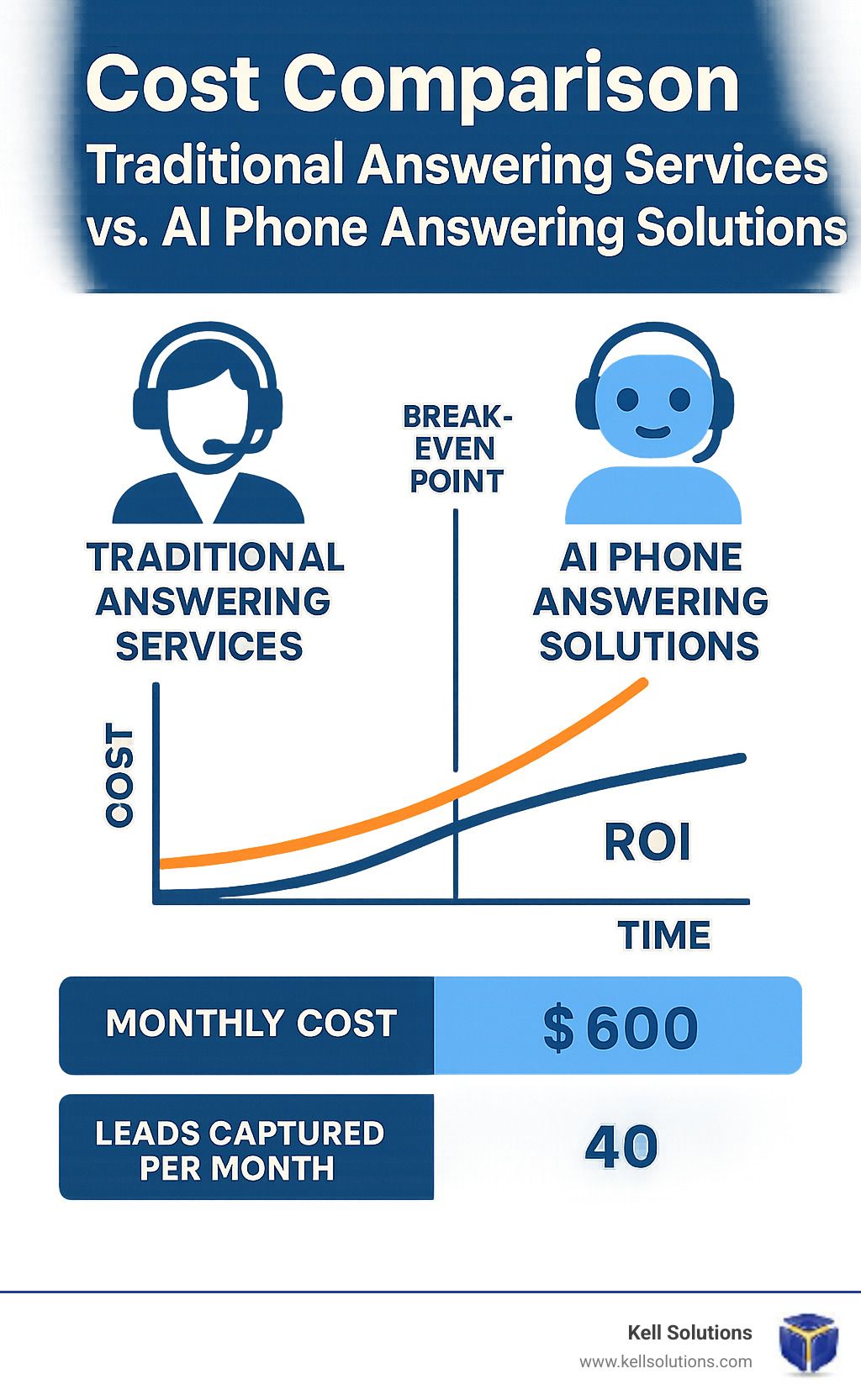
The ROI math is pretty simple: If your average customer value is $500 (which is conservative for many service businesses), and your AI system captures just one additional lead per month that you would have otherwise missed, you're already ahead financially.
I love the story from a salon owner in Laguna Beach who shared: "We invested $59/month in an AI receptionist and tracked an additional $2,300 in bookings in the first month alone—all from after-hours calls that we previously missed." That's nearly a 40x return on investment!
Setting up your system is surprisingly simple too. Most businesses can be up and running in under 5 minutes with a no-code setup process. Your existing phone number can be connected to the AI system, ensuring a seamless transition that your customers won't even notice – except that now, someone always answers their call.
Want to see how quickly you could transform your phone system into a 24/7 lead-capturing machine? Our VoiceGenie AI Platform offers HIPAA and GDPR-compliant solutions with bank-level security encryption, so you can rest easy knowing your customer data is protected while your business grows.
Best Practices, Industries & Real-World Success Stories
AI answering phone calls technology has proven particularly valuable across several industries. Let's explore how different businesses are implementing this technology and the best practices they've developed.
Industry-Specific Applications
Home Services: Plumbers, electricians, and HVAC companies use AI receptionists to capture emergency service requests 24/7. One contractor in Victorville, CA shared: "Our AI assistant captures emergency calls at 2 AM and dispatches our on-call technician immediately. We've increased emergency service revenue by 40%."
Healthcare: Medical and dental practices use HIPAA-compliant AI systems to handle appointment scheduling and basic patient inquiries. A Hilton Head, SC dental office reported: "Our AI receptionist handles routine appointment scheduling and insurance questions, freeing our front desk staff to provide better in-person patient care."
Legal Services: Law firms implement AI to screen potential clients and schedule consultations. An attorney in Chicago told us: "The AI qualifies leads before scheduling a consultation, ensuring I only spend time with clients who have cases in my practice area."
Real Estate: Agents and brokers use AI to respond to property inquiries and schedule showings. "In hot markets, being the first to respond to an inquiry can make the difference between making a sale or losing it to another agent. Our AI ensures we never miss a call," explained a South Carolina realtor.
Hospitality: Restaurants and hotels use AI for reservations and common questions. A restaurant owner in Illinois reported: "Our AI handles all reservation calls, which previously tied up our host during busy dinner service."
Best Practices for Implementation
To maximize the effectiveness of your AI answering phone calls solution:
- Implement Emotion Detection: Configure your system to recognize caller frustration or urgency and escalate accordingly.
- Create Clear Escalation Paths: Define exactly when and how calls should be transferred to human staff.
- Be Transparent About AI Use: Most callers don't mind speaking with AI as long as they're not deceived. A simple "I'm an AI assistant helping the team at [Company Name]" sets the right expectations.
- Regularly Review Call Transcripts: Analyze conversations to identify improvement opportunities and common customer questions.
- Update Your Knowledge Base: Continuously refine the information available to your AI to improve accuracy and usefulness.
- Test Different Greetings: A/B test various opening lines to identify which generates the best caller engagement.
A business owner in California shared this insight: "We found that having our AI introduce itself as 'the virtual receptionist for [Company]' rather than trying to pass as human led to more positive interactions and higher customer satisfaction."
Customer Reactions to AI Answering Phone Calls
Contrary to what many business owners fear, customers generally respond positively to well-implemented AI receptionists:
- 97% Caller Interaction Rate: When properly configured, AI systems achieve remarkably high engagement.
- Human-Like Voice Quality: Modern voice synthesis is so natural that many callers don't immediately recognize they're speaking with AI.
"Customers have actually complimented us on our 'new receptionist' without realizing it's an AI system."
- Transparency Tips: Being upfront about AI use while maintaining a helpful, efficient experience leads to the best customer satisfaction.
Research on unanswered calls shows that customers value getting their questions answered quickly more than whether they're speaking to a human or AI. You can learn more about the impact of missed calls from scientific research on unanswered calls.
Limitations & Challenges
While AI answering phone calls technology has advanced tremendously, it's important to understand its current limitations:
- Complex or Emotional Situations: AI may struggle with highly nuanced or emotionally charged calls that require human empathy.
- Accent and Background Noise: Though improving rapidly, speech recognition can still be challenged by strong accents or noisy environments.
- Technical Issues: Occasional latency or connectivity problems can disrupt the call experience.
business owner in West Illinois noted: "We set clear expectations about what our AI can handle. For complex situations, it smoothly transfers callers to our staff."
How to Launch Your First AI Answering Phone Calls Pilot
Ready to implement an AI answering phone calls solution? Follow these steps for a successful launch:
- Define Clear Goals: Identify specific objectives (lead capture, appointment booking, after-hours coverage) to measure success.
- Start with A/B Greeting Tests: Try different opening messages to see which performs best with your callers.
- Forward Your Existing Number: Rather than changing your business phone number, simply forward unanswered or after-hours calls to your AI system.
- Iterate on Prompts: Refine your AI's responses based on real call transcripts and customer feedback.
- Integrate with Your Tech Stack: Connect your AI receptionist to your CRM, calendar, and other business tools for maximum efficiency.
For a comprehensive AI voice solution, learn more about our VoiceGenie AI Platform, which offers seamless integration with your existing business systems.
FAQs & Conclusion
As more businesses find the power of AI answering phone calls, we're frequently asked about how this technology works in real-world situations. Let's address the questions we hear most often from business owners just like you.
What happens if the AI can't handle a question?
This concern tops the list for most business owners – and with good reason. Nobody wants callers left hanging without answers. Fortunately, today's AI systems come with thoughtfully designed fallback options:
When your AI receptionist encounters a question outside its knowledge base, it smoothly shifts to Plan B. This typically includes live transfer to an available team member, detailed message taking with follow-up promises, or offering to send information via alternative channels like text or email.
A restaurant owner in Chicago told us: "Our AI has become surprisingly good at knowing its limits. When someone asks about accommodating a complex dietary restriction, it automatically transfers to our chef rather than risking an incorrect answer."
The secret lies in establishing clear boundaries for your AI. By defining what it should handle independently versus when to seek human assistance, you ensure every caller receives appropriate help – either automated or human – without frustrating dead ends.
How secure are call recordings and transcripts?
Security isn't optional when handling customer conversations. This is especially true for businesses in regulated industries like healthcare, legal, or financial services.
Modern AI answering systems protect your data through multiple layers of security:
Your call recordings and transcripts should be protected by bank-level encryption both during transmission and storage. Access to these conversations should be restricted through role-based permissions that limit who can review sensitive information.
For businesses with specific regulatory requirements, look for systems that comply with standards like HIPAA (healthcare), GDPR (European privacy), and PCI DSS (payment security).
"We handle sensitive legal consultations," shared an attorney from Hilton Head. "Our AI system's security protocols give us confidence that client confidentiality is maintained at the same level as with human staff."
At Kell Solutions, security isn't an afterthought – it's built into our core architecture. We implement rigorous access controls and regular security audits to keep your business and customer information protected.
How long does it really take to go live?
The implementation timeline depends on your specific needs, but most businesses are pleasantly surprised by how quickly they can deploy an AI receptionist:
For basic setup, most businesses are up and running in 5-15 minutes. This includes creating your account, selecting your AI's voice, connecting your phone number, and providing basic business information.
More advanced configurations typically take 1-3 days as you customize detailed responses, integrate with your existing systems like CRMs and calendars, set up specialized call flows, and test everything thoroughly.
The best part? You don't need technical skills to get started. Modern platforms offer user-friendly interfaces that make setup intuitive.
"I was skeptical about the 'set up in minutes' claim," admitted a plumber from Victorville, "but we literally had our AI answering calls the same afternoon we signed up. No coding required – just answering some questions about our business."
Ready to transform your phones?
AI answering phone calls has reached that sweet spot where the technology is both sophisticated enough to deliver real value and simple enough for any business to implement. When you consider that setup takes minutes, pricing is affordable, and the system captures leads that would otherwise be lost, it becomes a clear business decision.
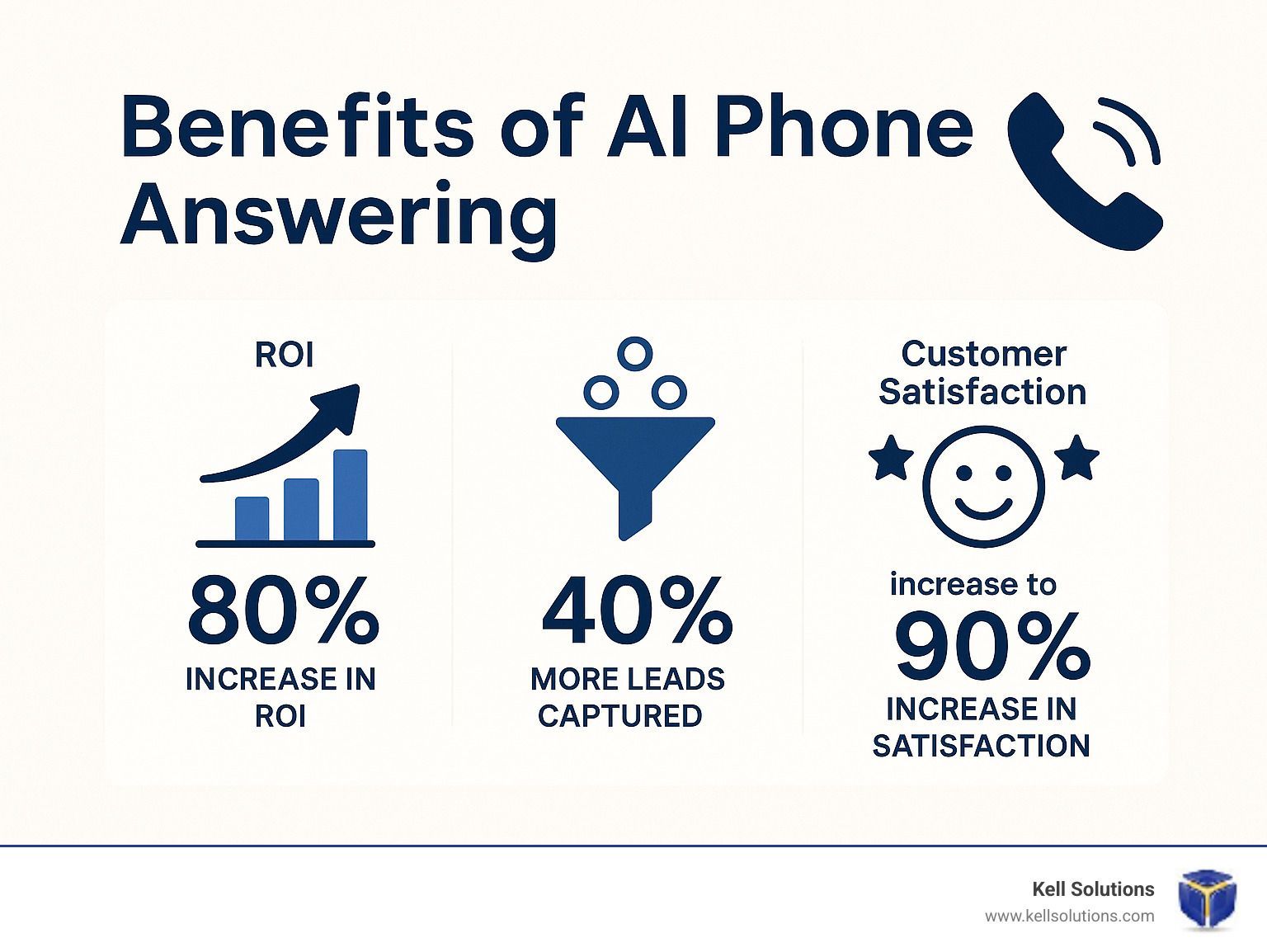
The small businesses we support consistently report three transformative outcomes after implementing AI phone solutions:
Their revenue increases as they capture calls that would otherwise be missed, especially during evenings and weekends. Their operational costs decrease compared to traditional answering services or hiring additional staff. And perhaps most importantly, their customers enjoy a more consistent experience with professional responses available around the clock.
A salon owner in Laguna Beach put it perfectly: "Our AI receptionist has become an invaluable team member—it never calls in sick, never takes a vacation, and consistently converts callers into customers at 2 AM when our competitors are sending people to voicemail."
At Kell Solutions, we specialize in helping businesses like yours implement custom-built AI voice agents that match your unique brand voice and business needs. Our VoiceGenie AI platform makes getting started simple, even without technical expertise.
Ready to ensure you never miss another customer call? Learn more about our VoiceGenie AI solution and take the first step toward changing your business communications today.
When 60% of customers prefer calling businesses but only 38% of those calls get answered, the competitive advantage clearly belongs to companies that remain available to their customers—no matter when they call.
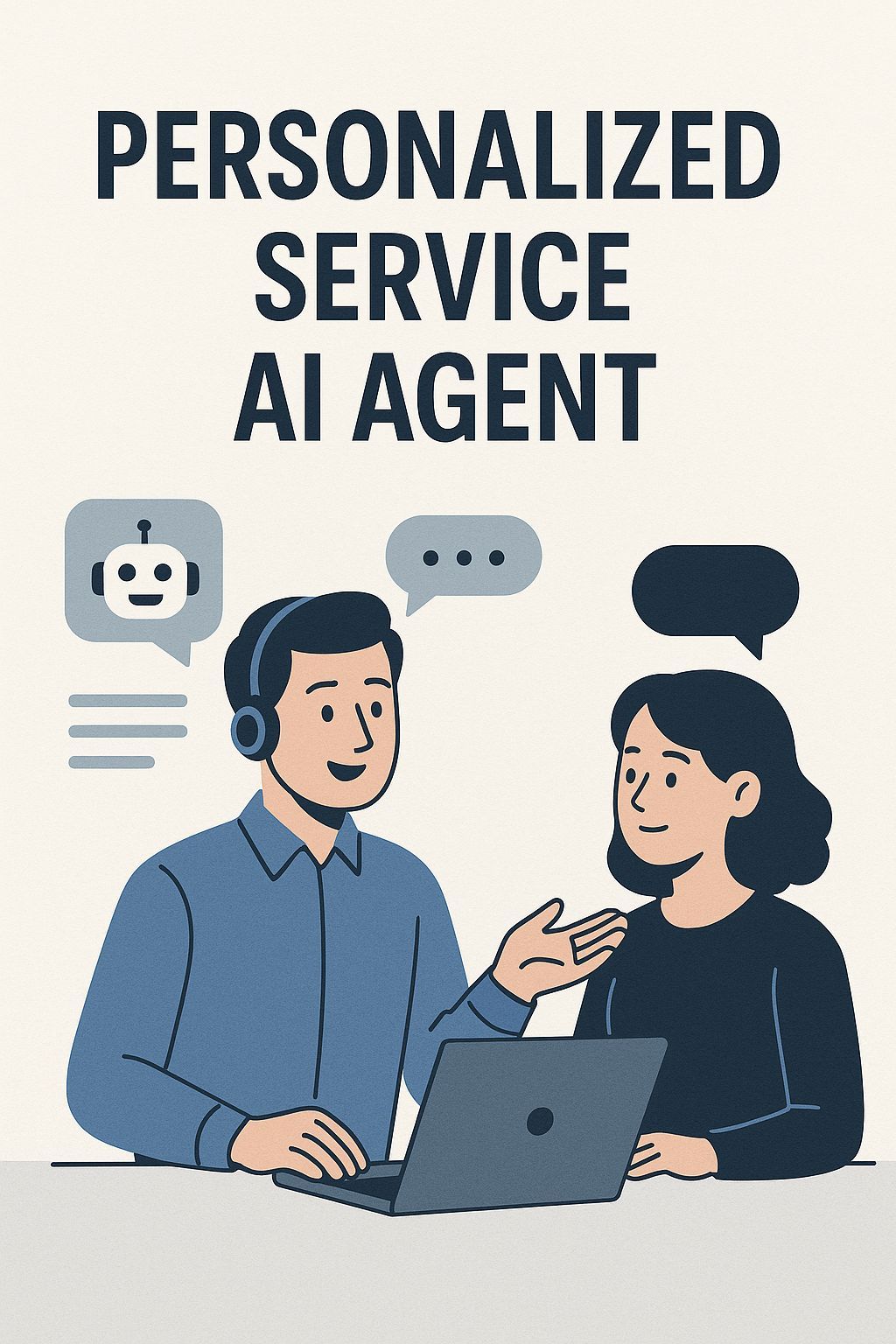

Orange County HVAC Google AI Overview Domination: 7 Proven Strategies to Capture Featured AI Results




